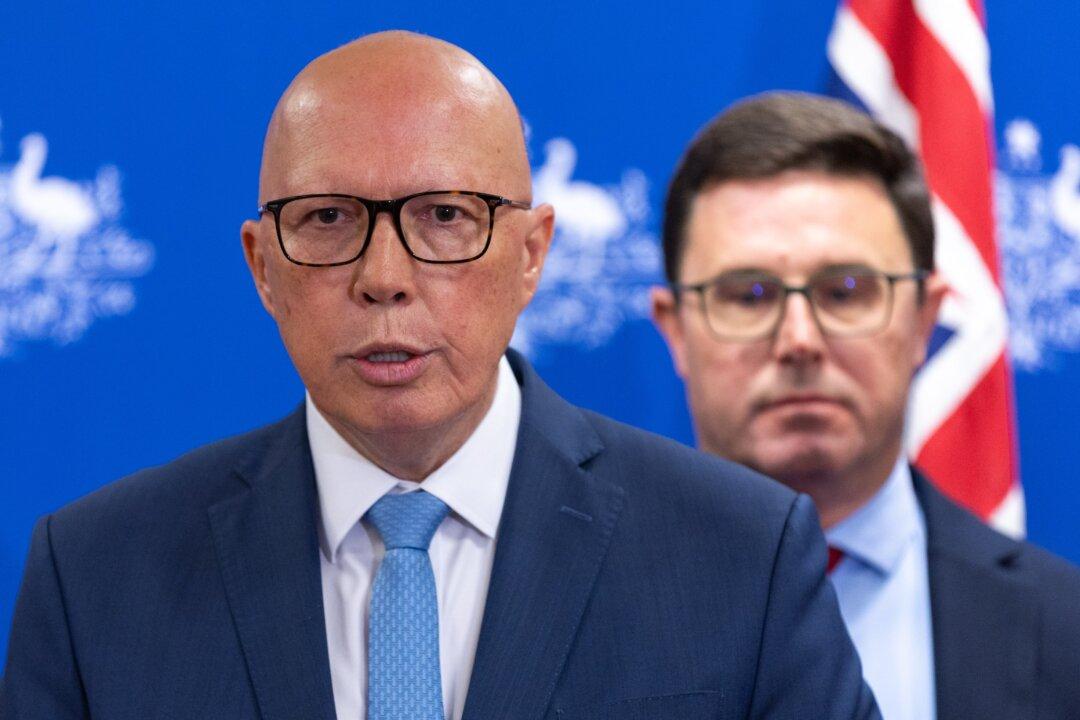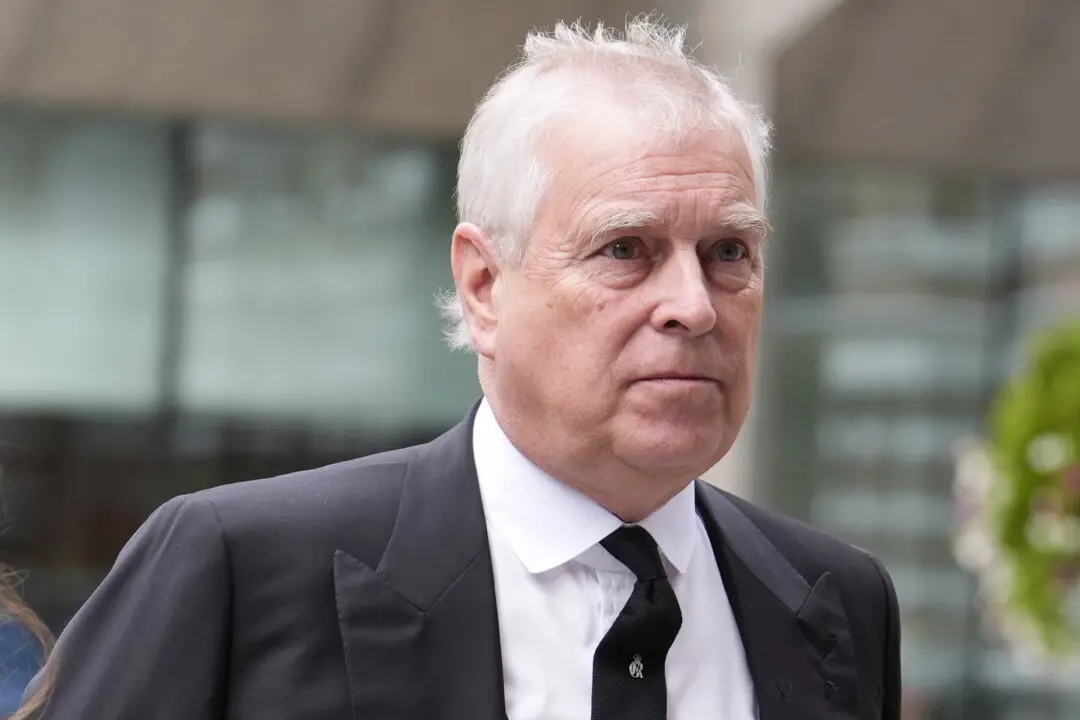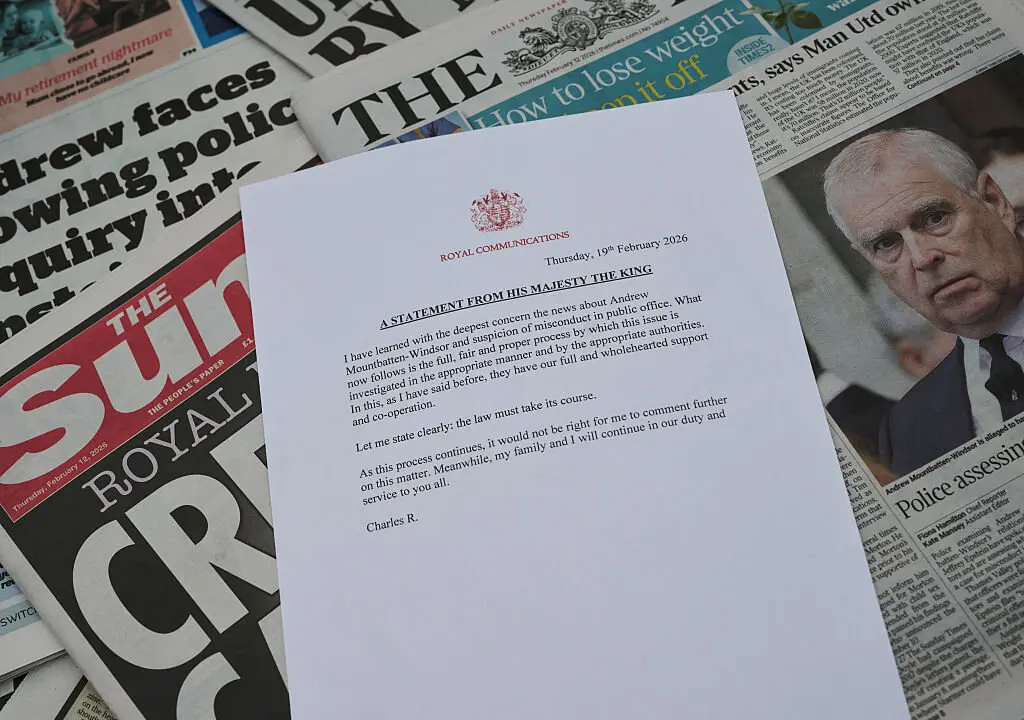The Liberal-National Coalition has unveiled its much-awaited economic modelling behind its plan to introduce civilian nuclear power to Australia.
The plan is estimated to save up to $263 billion (US$167.4 billion) compared to Labor’s renewable energy strategy, with the opposition saying this will result in cheaper electricity for consumers over the long term.





